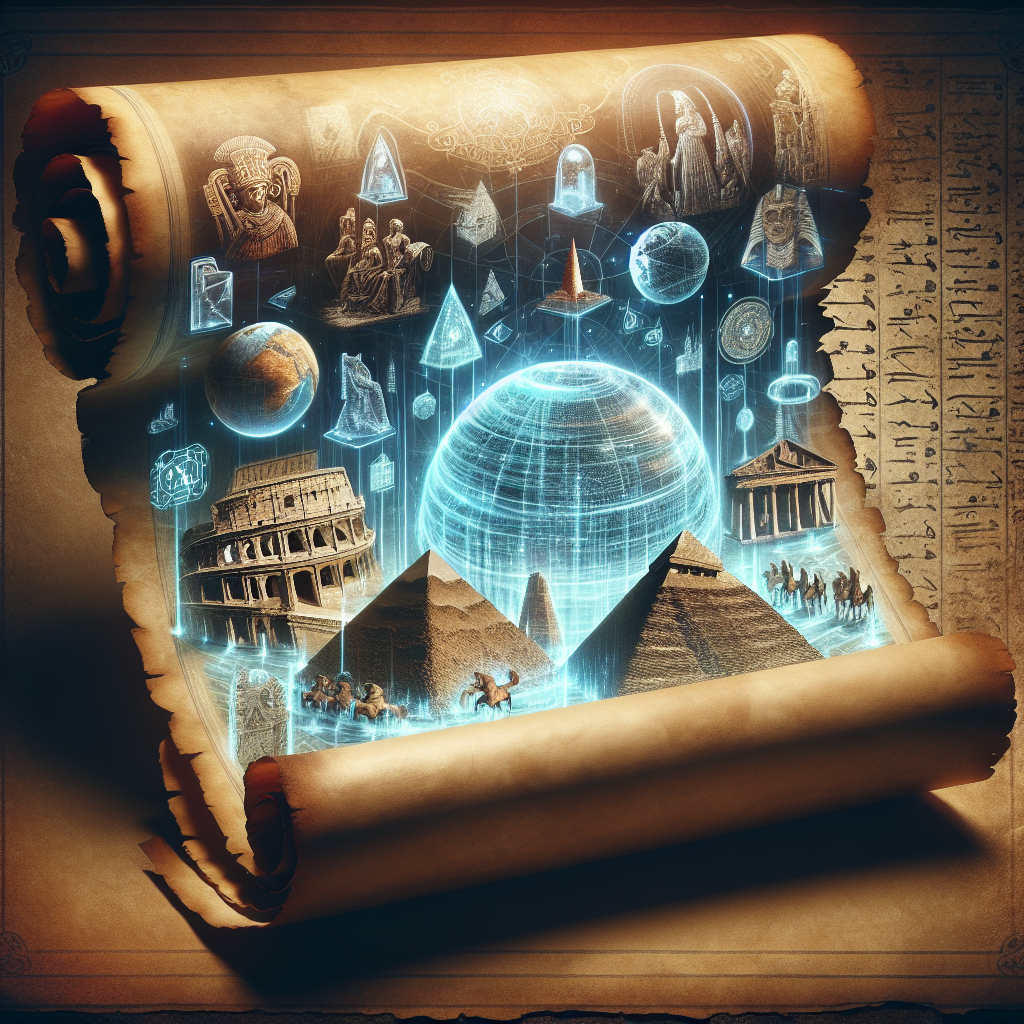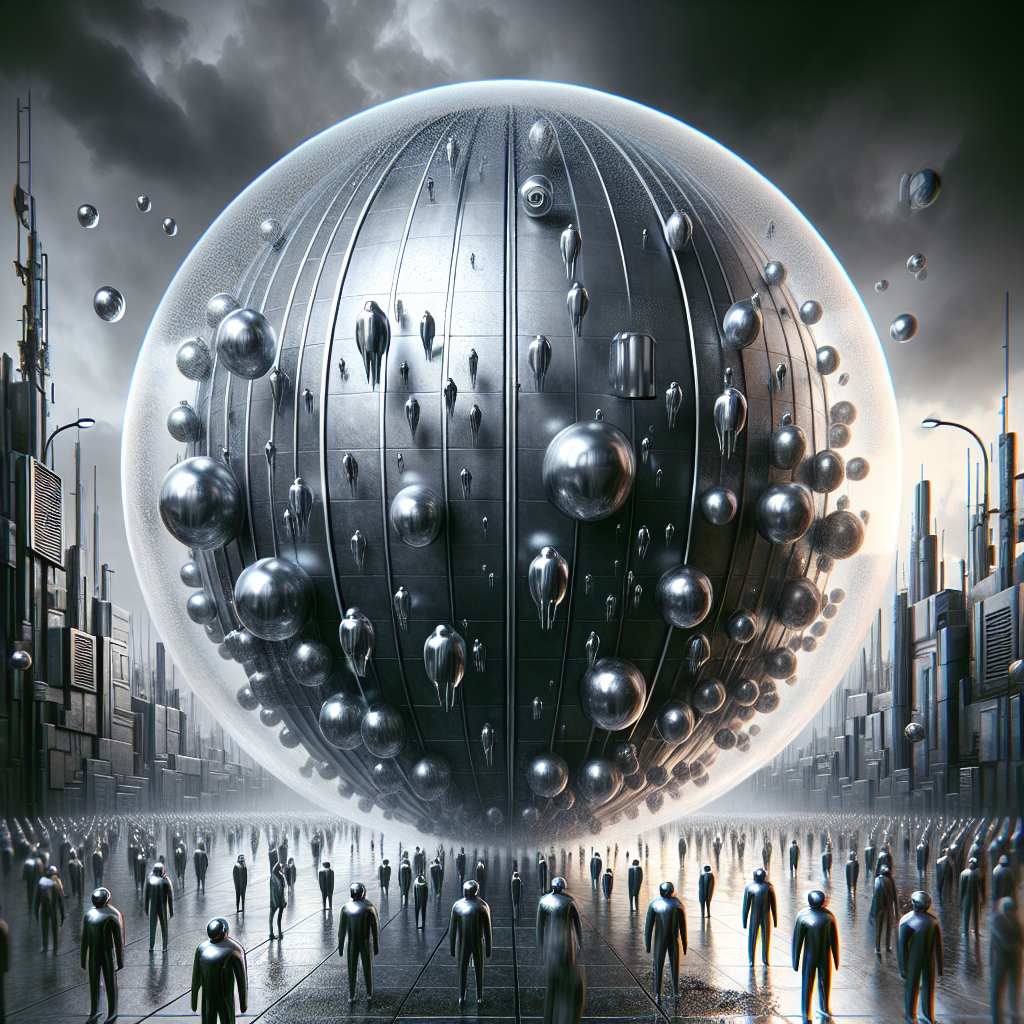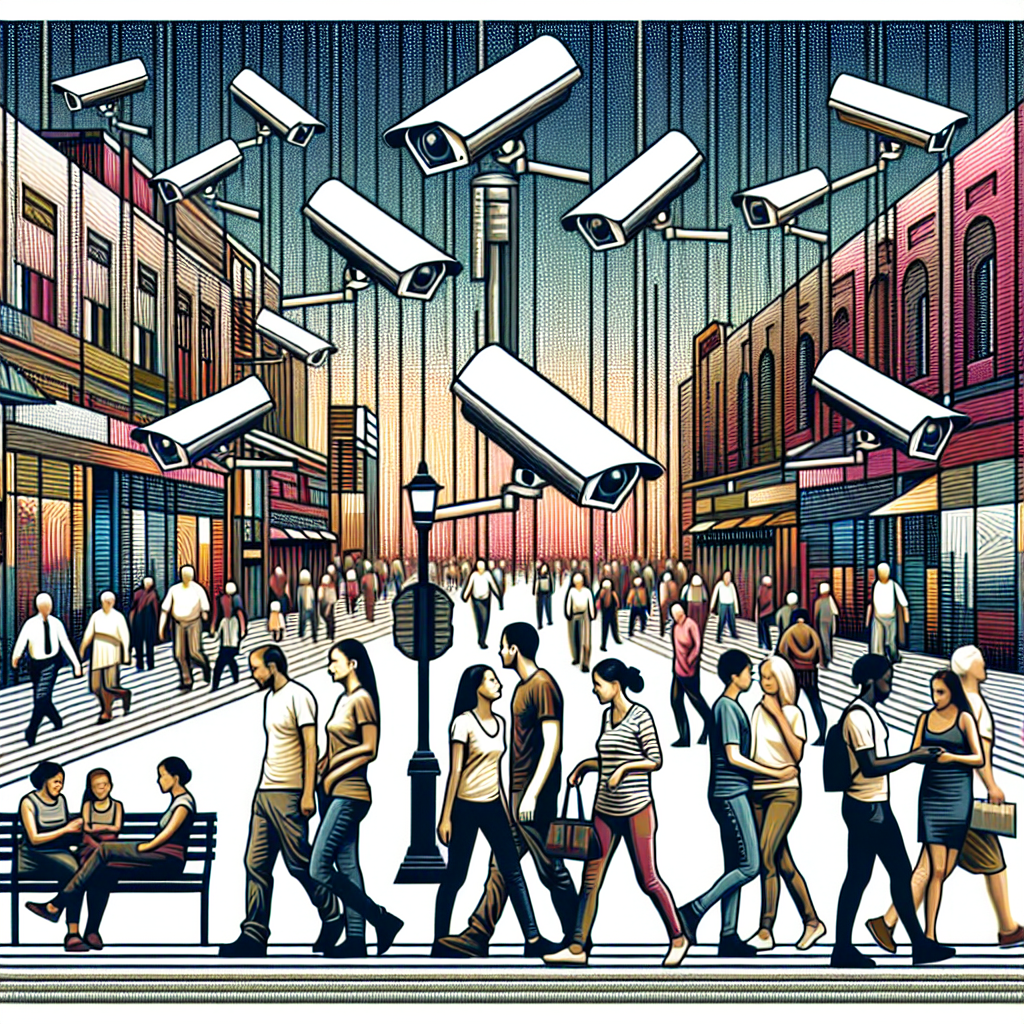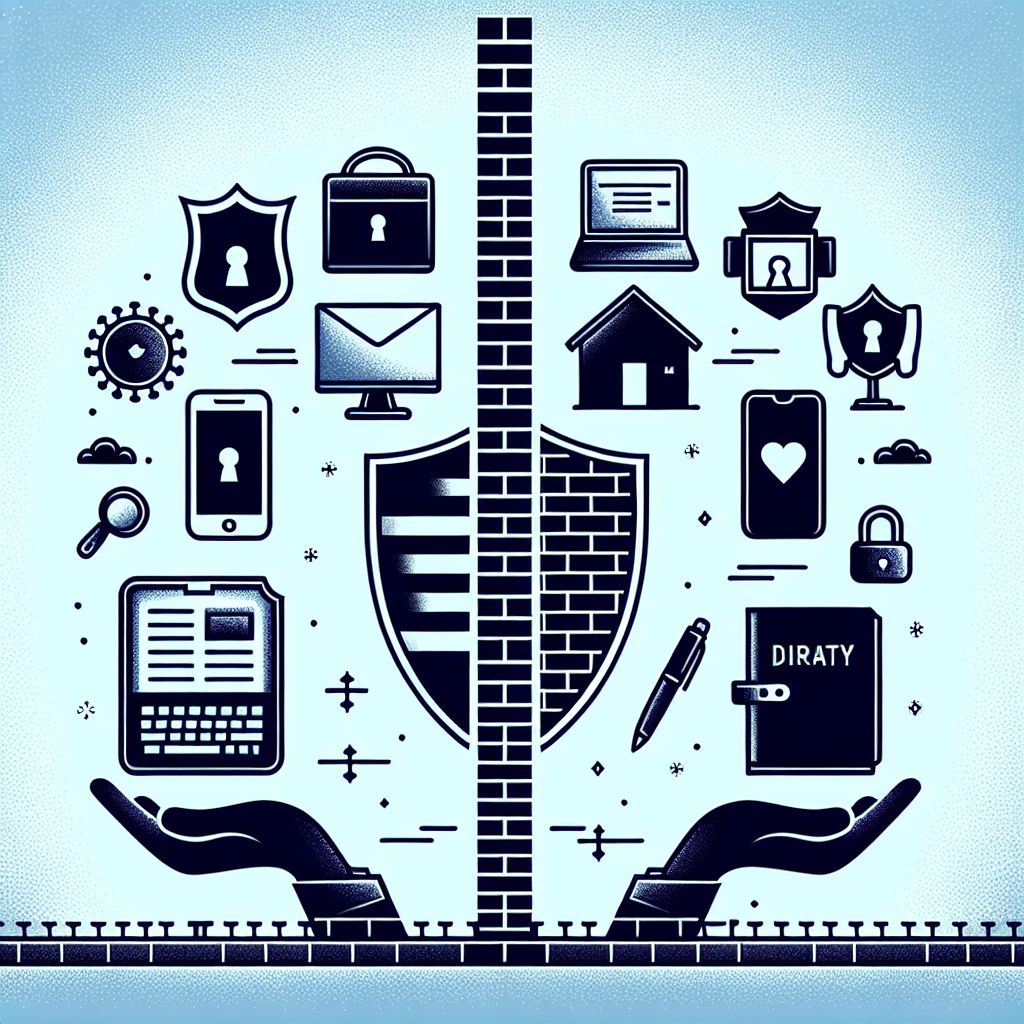The Role of Social Media in Spreading New World Order Theories
Understanding New World Order Theories
New World Order (NWO) theories propose the existence of a secretive power elite that aims to establish a totalitarian global government. This concept has evolved over decades, often linked to global events, economic crises, or significant political movements. Central to these theories is the belief that certain influential individuals or organizations are working in unison to manipulate world events, often at the expense of the general public.
The Rise of Social Media
The advent of social media has revolutionized how information is disseminated and consumed. Platforms like Facebook, Twitter, and Instagram allow users to share ideas, news, and opinions instantaneously with a global audience. With millions of active users, these platforms serve as breeding grounds for both credible news and conspiracy theories, including those about the New World Order.
Mechanisms of Propagation
-
User-Generated Content: Social media empowers individuals to create and share content, regardless of its source. This democratization of information means that anyone can post claims about the NWO, regardless of lacking evidence or expertise. This often leads to sensationalism, with outrageous claims garnering more attention than substantiated facts.
-
Algorithms and Echo Chambers: Social media algorithms prioritize engagement. Content that provokes a strong emotional response, such as fear or anger, is likely to be shared widely. This creates echo chambers where users are exposed primarily to ideas that reinforce their pre-existing beliefs. For NWO theories, this means that adherents can find communities that validate their viewpoints, making it harder to challenge their beliefs.
-
Visual Content: The use of images, infographics, and videos enhances the shareability of conspiracy theories. Posts that evoke strong emotional responses or highlight dramatic claims are more likely to circulate. Platforms like Instagram and TikTok utilize visual storytelling, creating an environment where complex theories are boiled down to easily digestible bite-sized content.
-
Hashtags and Trends: Social media allows ideas to trend through the use of hashtags. When large numbers of people use a specific tag, it attracts visibility, drawing in more users to those conversations. Hashtags related to NWO theories can bring them to the forefront, facilitating discussions and further dissemination.
Case Studies of NWO Theories on Social Media
-
COVID-19 Pandemic: The pandemic has fueled numerous NWO conspiracy theories, with claims suggesting that global elites created the virus as a means to curtail personal freedoms and implement control measures. Misinformation and conspiracy content regarding vaccines and public health guidelines proliferated on social media, often using viral hashtags like #Plandemic or #NewWorldOrder.
-
Political Events: Major political events, such as elections or governmental changes, have sparked various NWO theories. For instance, the U.S. Presidential elections in 2020 saw a surge in discussions about election fraud and alleged deep-state collusion, with social media acting as a catalyst for spreading these ideas. Influential accounts on Twitter and Facebook propelled various narratives that suggested a rigged system controlled by shadowy figures.
-
Global Crises: Economic downturns, natural disasters, and significant geopolitical events often accompany a spike in NWO theories. During times of uncertainty, social media becomes a refuge for individuals seeking explanations, making them more susceptible to overarching narratives suggesting a hidden agenda at play.
Influencers and NWO Content
Influencers play a crucial role in the propagation of NWO theories. With their established followings, they can amplify conspiracy narratives significantly. Influencers with a large reach often engage in sharing content that aligns with anti-establishment sentiments, further legitimizing theories around the New World Order.
Some influencers package NWO discussions under broader themes, addressing issues like government overreach or loss of civil liberties, which resonate with their followers’ concerns. This approach allows them to introduce NWO theories indirectly, often maintaining a guise of credibility.
Combating Misinformation
While social media platforms have made strides in curbing misinformation, the fight against NWO theories remains challenging. Content moderation teams face difficulties distinguishing between fervent belief and harmful misinformation. Many users distrust fact-checking efforts, viewing them as biased or part of the very conspiracy they aim to dismantle.
Furthermore, whistleblowers and independent journalists may utilize social media to promote transparency, inadvertently lending weight to conspiracy theories. The desire for transparency can sometimes blur the lines between legitimate investigations and unfounded claims.
Psychological Factors Contributing to Belief in NWO Theories
Several psychological factors drive individuals toward conspiracy theories, such as the need for control, the desire for community, and cognitive biases. When faced with uncertainty or fear, humans often look for explanations that provide clarity, often favoring theories that simplify complex realities into digestible narratives.
-
Cognitive Dissonance: People may experience discomfort when faced with information that conflicts with their beliefs. Rather than adjusting their views, they may cling to conspiracy theories about the NWO as a way to cope with conflicting information.
-
Need for Social Connection: Social media offers community and belonging, particularly for individuals who feel marginalized or invalidated in mainstream discourse. Engaging in NWO discussions can provide a sense of identity and solidarity.
-
Confirmation Bias: Individuals tend to seek out information that confirms existing beliefs while dismissing contradictory evidence. Social media algorithms further amplify this phenomenon, exposing users predominantly to content that echoes their viewpoints.
The Future of Social Media and NWO Theories
The trajectory of NWO theories on social media is likely to evolve as technology and societal norms change. Advances in artificial intelligence, including deepfake technology, may present new challenges as misinformation becomes more convincing and difficult to detect.
Moreover, as users become more sophisticated in their understanding of media consumption, there might be a shift toward critical thinking and digital literacy. Initiatives from platforms, educators, and communities focused on media literacy will be essential in countering the spread of harmful theories.
Public discourse around transparency, accountability, and the ethical use of social media will shape how conspiracy theories are treated in the public eye. As long as social media continues to be a primary channel for information sharing, the interplay between communication technology and the proliferation of New World Order theories will remain a critical area of analysis.













Leave a Reply